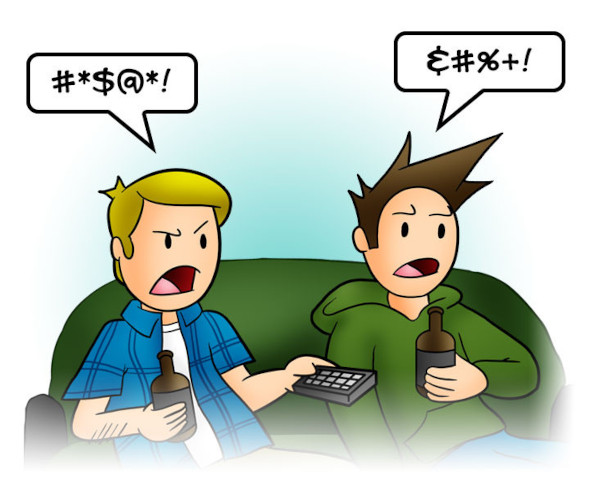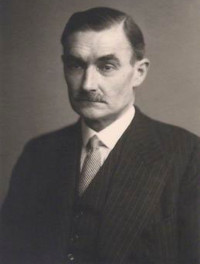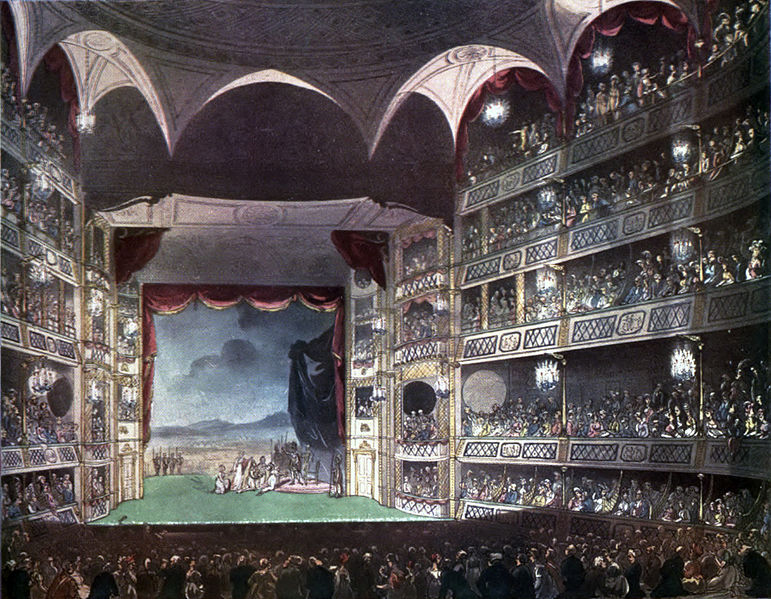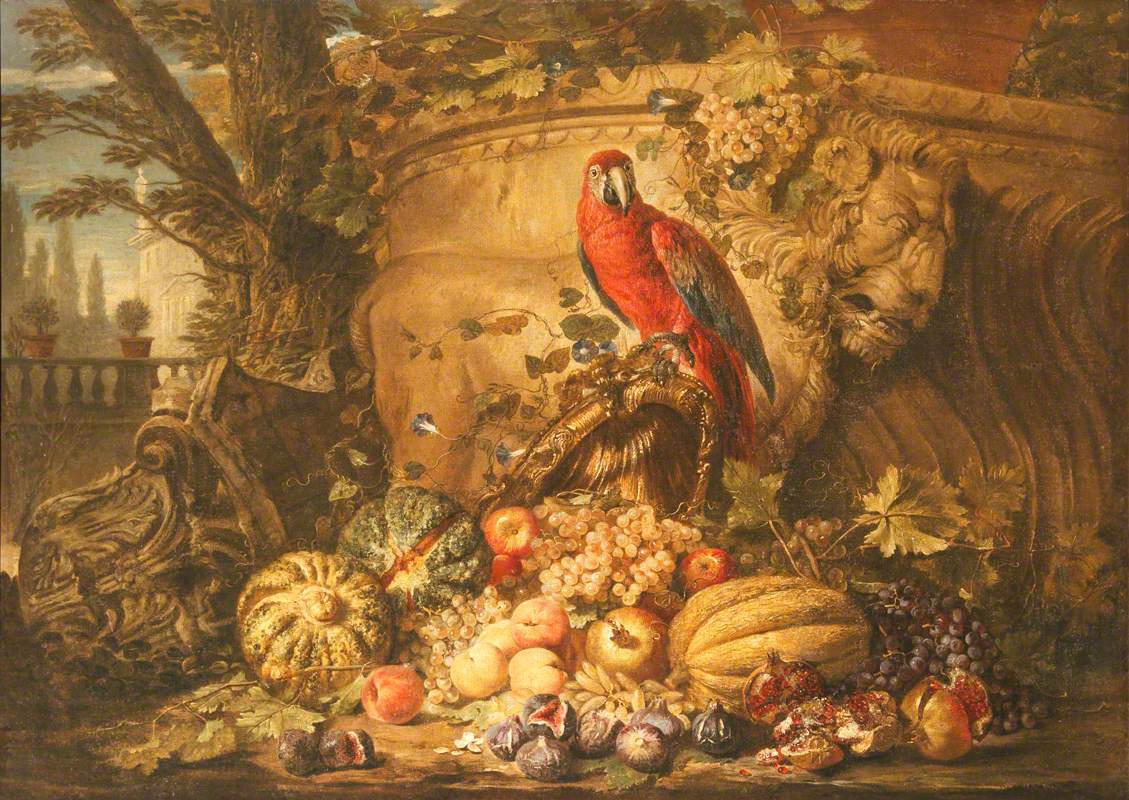Writing in the San Francisco journal The Californian in 1865, Mark Twain answered this inquiry from a reader:
I loved and still love, the beautiful Edwitha Howard, and intended to marry her. Yet during my temporary absence at Benicia, last week, alas! she married Jones. Is my happiness to be thus blasted for life? Have I no redress?
“Of course you have,” Twain answered. He argued that intention is everything in the law — if you call your friend a fool, this is not an insult if you intended it playfully. And killing a man by accident does not constitute murder.
Ergo, if you had married Edwitha accidentally, and without really intending to do it, you would not actually be married to her at all, because the act of marriage could not be complete without the intention. And, ergo, in the strict spirit of the law, since you deliberately intended to marry Edwitha, and didn’t do it, you are married to her all the same — because, as I said before, the intention constitutes the crime. It is as clear as day that Edwitha is your wife, and your redress lies in taking a club and mutilating Jones with it as much as you can. Any man has a right to protect his own wife from the advances of other men.
But you have another alternative — you were married to Edwitha first, because of your deliberate intention, and now you can prosecute her for bigamy, in subsequently marrying Jones.
But there is another phase in this complicated case: You intended to marry Edwitha, and consequently, according to law, she is your wife — there is no getting around that — but she didn’t marry you, and if she never intended to marry you you are not her husband, of course. Ergo, in marrying Jones, she was guilty of bigamy, because she was the wife of another man at the time — which is all very well as far as it goes — but then, don’t you see, she had no other husband when she married Jones, and consequently she was not guilty of bigamy.
Now according to this view of the case, Jones married a spinster, who was a widow at the same time and another man’s wife at the same time, and yet who had no husband and never had one, and never had any intention of getting married, and therefore, of course, never had been married; and by the same reasoning you are a bachelor, because you have never been any one’s husband, and a married man because you have a wife living, and to all intents and purposes a widower, because you have been deprived of that wife, and a consummate ass for going off to Benicia in the first place, while things were so mixed.
“And by this time I have got myself so tangled up in the intricacies of this extraordinary case that I shall have to give up any further attempt to advise you,” he added. “I might get confused and fail to make myself understood. I think I could take up the argument where I left off, and by following it closely awhile, perhaps I could prove to your satisfaction, either that you never existed at all, or that you are dead, now, and consequently don’t need the faithless Edwitha — I think I could do that, if it would afford you any comfort.”






